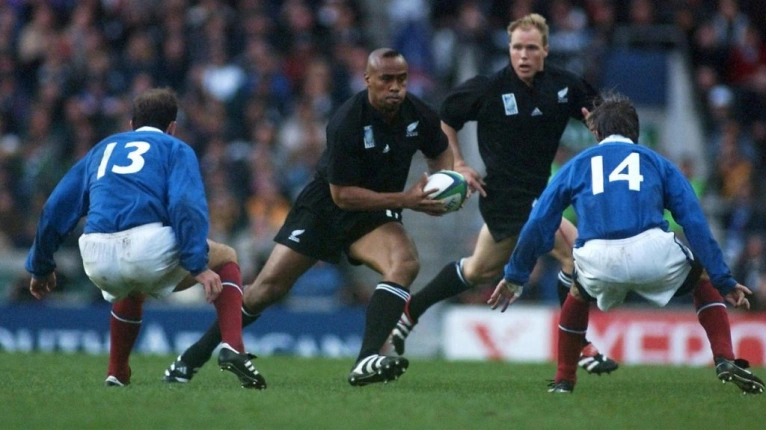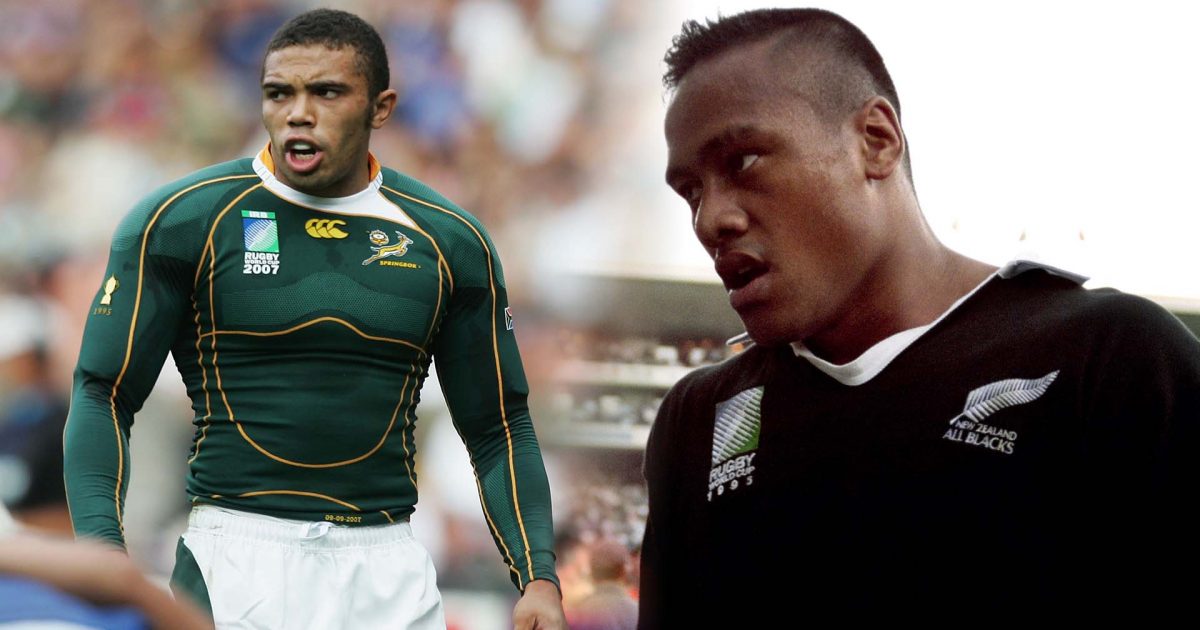Top rugby world cup try scorers ever

World cups are generally seen as the pinnacle of any rugby player’s career.
The opportunity to perform on the highest stage with the greatest players on earth.
We take a detailed look at those who really set that stage alight, with the highest try scorers in the history of the competition.
David Campese – 10
Over a century of caps for Australia, David Campese was an electric back-three player.
Known for his trademark goose-step, there were very few players in the history of the game that could bring a crowd to their feet like Campese.
He appeared in 3 world cups, winning it in 1991, and in doing so was named the Player of the Tournament.
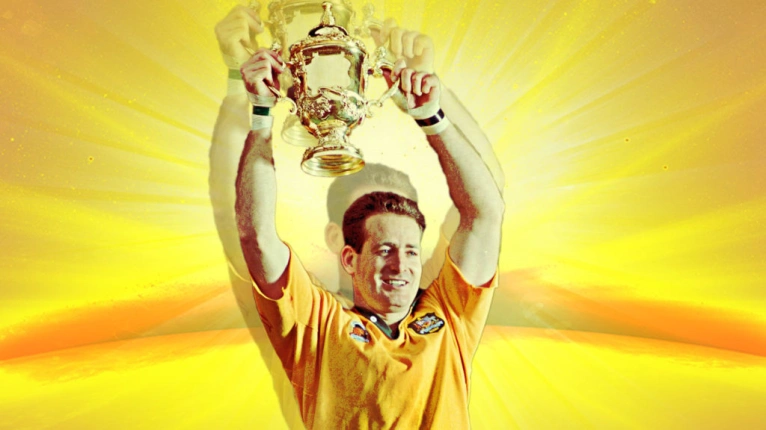
Shane Williams – 10
Despite being told he was too small to play rugby, this little Welshman became one of the greatest wingers ever to play the game.
Wales’s all-time top try scorer was a man for the big stage. Scoring some of the most important tries for his national side with brilliant footwork and an eager eye for the try line.
It was his incredible breakthrough performance against the All Blacks in the 2003 world cup that shot Shane Williams’ career into the spotlight. From then on he was simply unplayable, appearing in two more world cups and cementing himself as an all-time great.
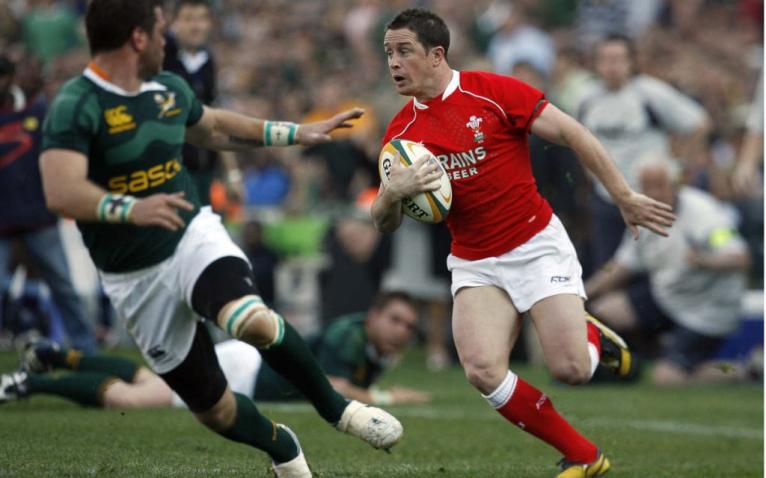
Brian Lima – 10
The only Samoan on this list, Brian Lima was the first player to appear in five world cups.
Known as ‘The Chiropractor’ due to his thunderous hits, the outside back was a tough man to stop and an even tougher man to get past.
A 17-year international career saw him take part in the early 1991 world cup and every competition after, before finally hanging up his boots in 2007.
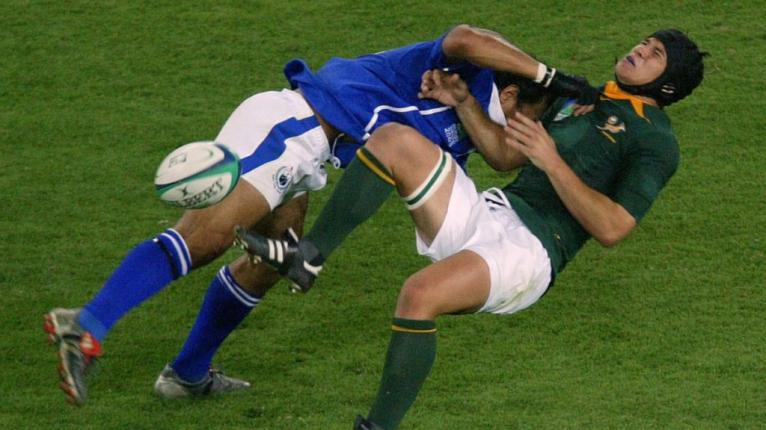
Chris Latham – 11
A four-time winner of the Australian Super Rugby Player of the Year award, Chris Latham was an electric back-three player with a record of one try in every two games.
Latham was once described by The Times journalist, Stephen Jones, as the finest fullback he had ever seen.
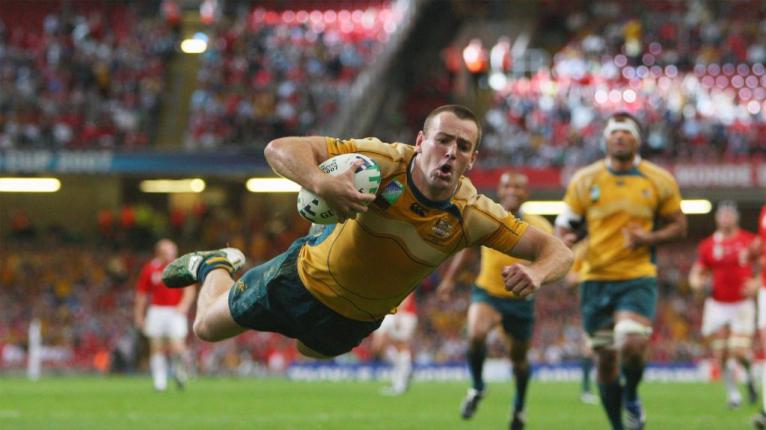
Rory Underwood – 11
England’s record try scorer, Rory Underwood appeared in the first ever three world cups. With 85 international caps to his name, he once held the record for the most appearances by any player in the white of England.
Having hung up his rugby boots in 1997, Underwood missed out on playing in the professional era. Due to this amateurism of the game at the time, he was employed as a Royal Air Force pilot.
Thought by many to be the greatest English winger of all time, he had the best strike ratio of any English player over 40 caps.
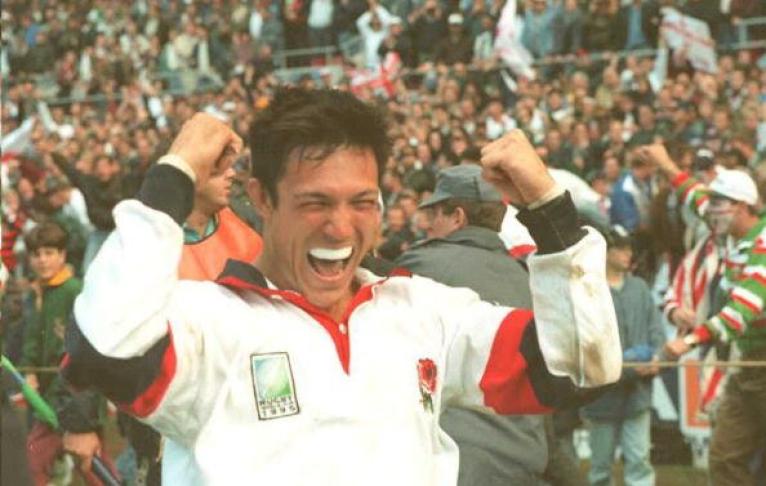
Joe Rokocoko – 11
A magical player to watch, Joe Rokocoko was seen as New Zealand’s progression from Jonah Lomu.
He may have played in only two world cups, but the lightning speed and sublime footwork this Fijian-born winger had, ensured that he would be remembered as one of the true greats.
Named the IRB Young Player of the Year in 2003, Rokocoko went on to score 46 tries in just a seven-year international career.
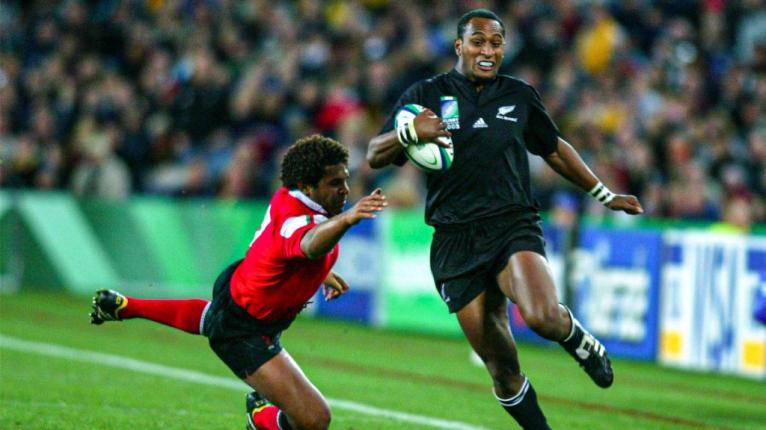
Vincent Clerc – 11
Vincent Clerc was a prolific try scorer for Toulouse and France, scoring a try every other game for his national side. Despite appearing in just two world cups, Clerc has amassed a rather impressive 11 tries in the competition.
Touted as one of the most clinical finishers of his generation, he posed a threat like so few others could.
During the 2011 world cup Clerc was a stand-out player. Having scored 6 tries in total, Clerc finished top of the try-scoring charts alongside England’s Chris Ashton.
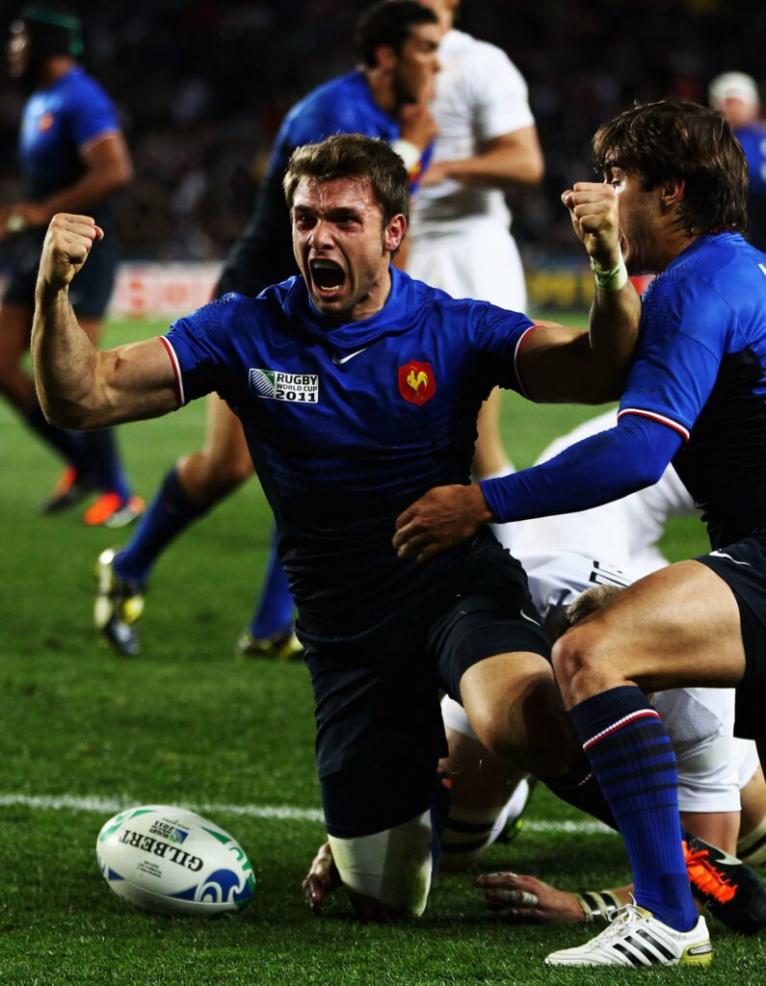
Adam Ashley-Cooper – 12
One of the most highly internationally capped players of all time, Adam Ashley-Cooper was a mainstay in the Australian squad for fourteen years.
The stand-out winger appeared in his final world cup in 2019 at the age of 35. He was a bit-part player in this tournament, playing his last game in the group stages against Wales.
Prior to this, he was a main event in the previous two world cups, even scoring a hattrick in the semi-final of the 2015 competition against Argentina and earning himself the player of the match award.
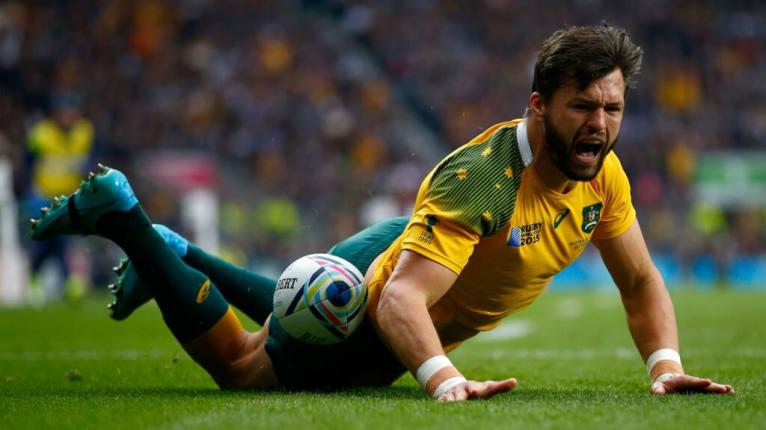
Doug Howlett – 13
Doug Howlett was known to be one of the fastest players in the game, rumoured to have once clocked 10.68 in the 100 metres. It was this speed and incredibly high work rate that allowed him to score 49 tries for the All Blacks in just 63 tests.
It was his stand-out performances on the big stage that see him sit so high on the world cup try-scoring charts. Howlett competed with the likes of Joe Rokocoko and Sitiveni Sivivatu for an All Blacks shirt, so to achieve so many tries alongside stiff competition is something to be truly marvelled at.
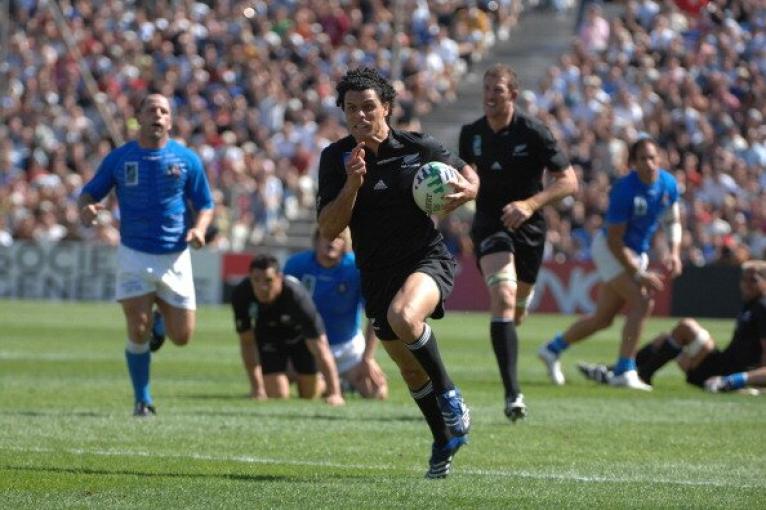
Drew Mitchell – 14
A stuttering start to his international career saw Drew Mitchell sidelined from the Wallabies for two years between 2005-2007. During this time he improved massively and was selected for the 2007 world cup. 7 tries later and Mitchell was one of the stars of the tournament.
Despite numerous career-threatening injuries to follow, Mitchell appeared in two more world cups that brought his world cup try tally up to 14.
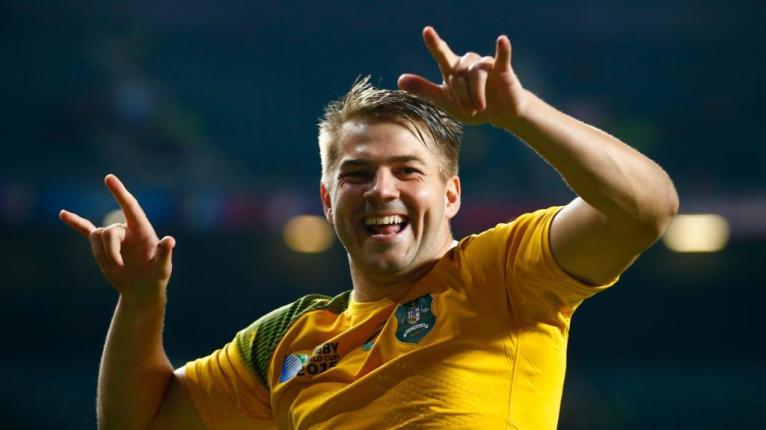
Bryan Habana – 15
The man raced a Cheetah. He was quick. Bryan Habana could sprint 40 metres in just 4.58 seconds, making him one of the fastest to have ever played the game.
During the 2007 world cup, he scored a record-equalling 8 tries in total as part of the winning South African side.
Just four years later Habana went on to score 7 tries over in New Zealand, putting him top of the all-time world cup try-scoring charts, level with the late great Jonah Lomu.
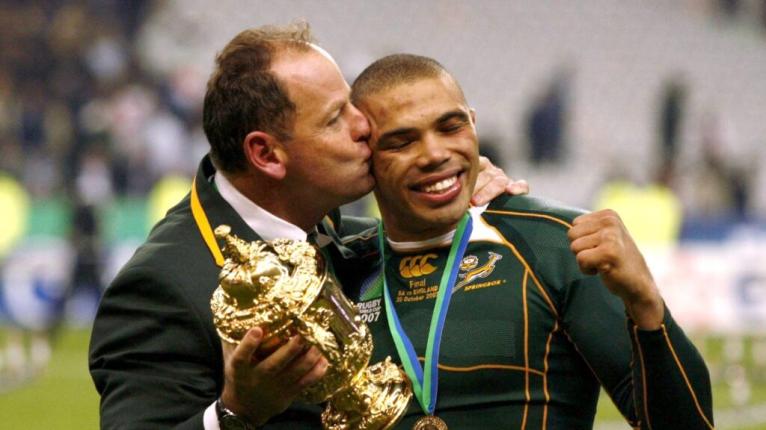
Jonah Lomu – 15
The man needs no introduction. The face of rugby union in the 90’s, Jonah Lomu was plastered all over every rugby-based TV show, every poster, and even had his own video game named after him.
Probably the most destructive winger there has ever been, he was as big as a lock but as fast as any winger out there. Lomu changed the game and it seems remarkable that the All Blacks never won a world cup with him in their side.
